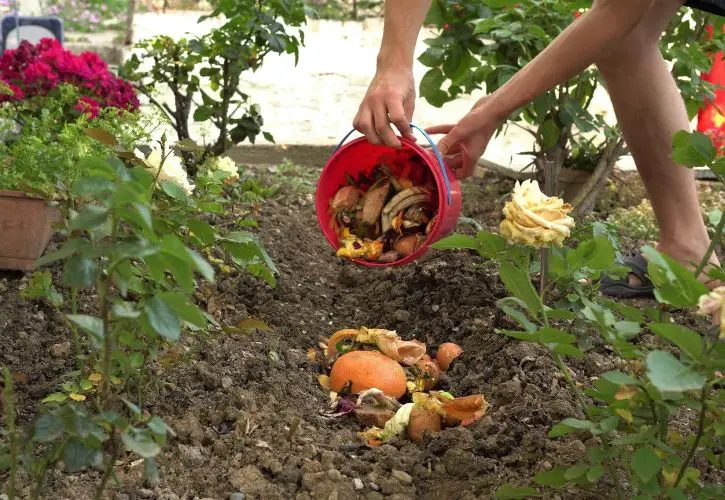Many people around the world are embracing sustainable living through a zero waste gardening. Creating a garden with minimal waste is not good for your health and great for the environment. Whether you’re an experienced farmer, a hobbyist, or a homeowner looking to save money, you have many options when gardening sustainably. Here are a few tips on creating a zero waste garden.
Composting Organic Materials
Composting is essential for a zero waste garden. It provides a means for reusing organic materials as fertilizer. You can create a compost area in your garden using bins, open heaps, or another creative solution. Vegetable scraps, leaves, grass, and even coffee grounds are compostable, so toss them in your compost pile! Compost is great because it improves soil structure, provides nutrients for plants, and reduces the need for chemical fertilizers.
Water Conservation
Water conservation is essential for sustainable living, which goes hand-in-hand with cutting costs. Water is a valuable resource in a zero-waste garden, so use it wisely. Use a drip irrigation system, collect rainwater, and use mulch to retain moisture. Mulching your garden in the fall can improve the soil and prepare it for spring.
Choosing Sustainable Plants
Another way to create a zero-waste garden is by growing sustainable plants. Plants that can thrive in your local climate will thrive in your garden. When selecting plants, consider water availability, sunlight, soil type, and local weather patterns. Native plants require less maintenance than exotic ones. Additionally, they attract local wildlife, which is good for the ecosystem’s biodiversity.
Avoiding Chemical Pesticides
Pesticides kill insects living off of crops, but they also kill beneficial insects that pollinate. When creating a zero-waste garden, you can avoid chemical pesticides by using natural pest control options, such as companion planting or introducing beneficial insects like ladybugs. Incorporating native plants will also attract beneficial insects and pollinators for a healthy garden.
Reusing and Upcycling
Upcycling involves taking waste materials and transforming them into something new. In a zero-waste garden, you can reuse and upcycle furniture, mason jars, pallets, and even rubber tires! Transform these items into planters, décor, or birdhouses to keep your garden healthy.
Create a Garden You Can Be Proud Of
Everyone can embrace sustainable living through zero-waste gardening. Not only will creating a zero waste garden result in a beautiful and healthy environment, but it will also enhance your green thumb and culinary skills! Sustainable gardening is an ongoing journey, and developing ecological practices requires patience, learning, and experimentation. By following these tips, you can create a garden you’ll be proud of!
